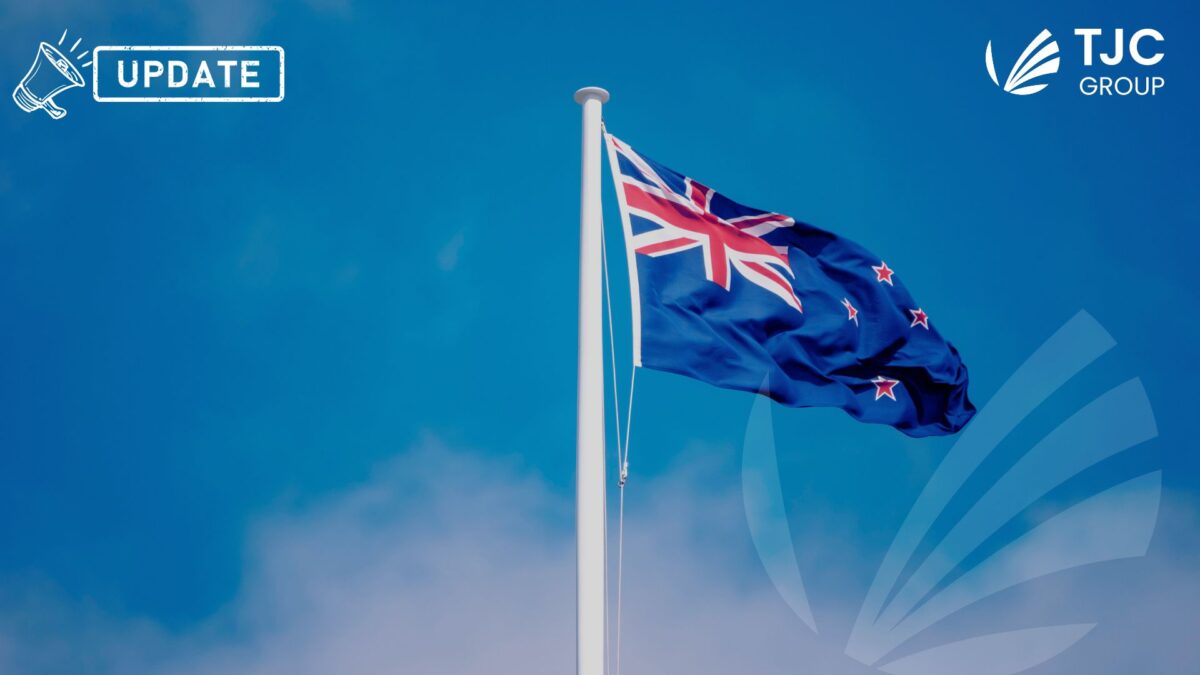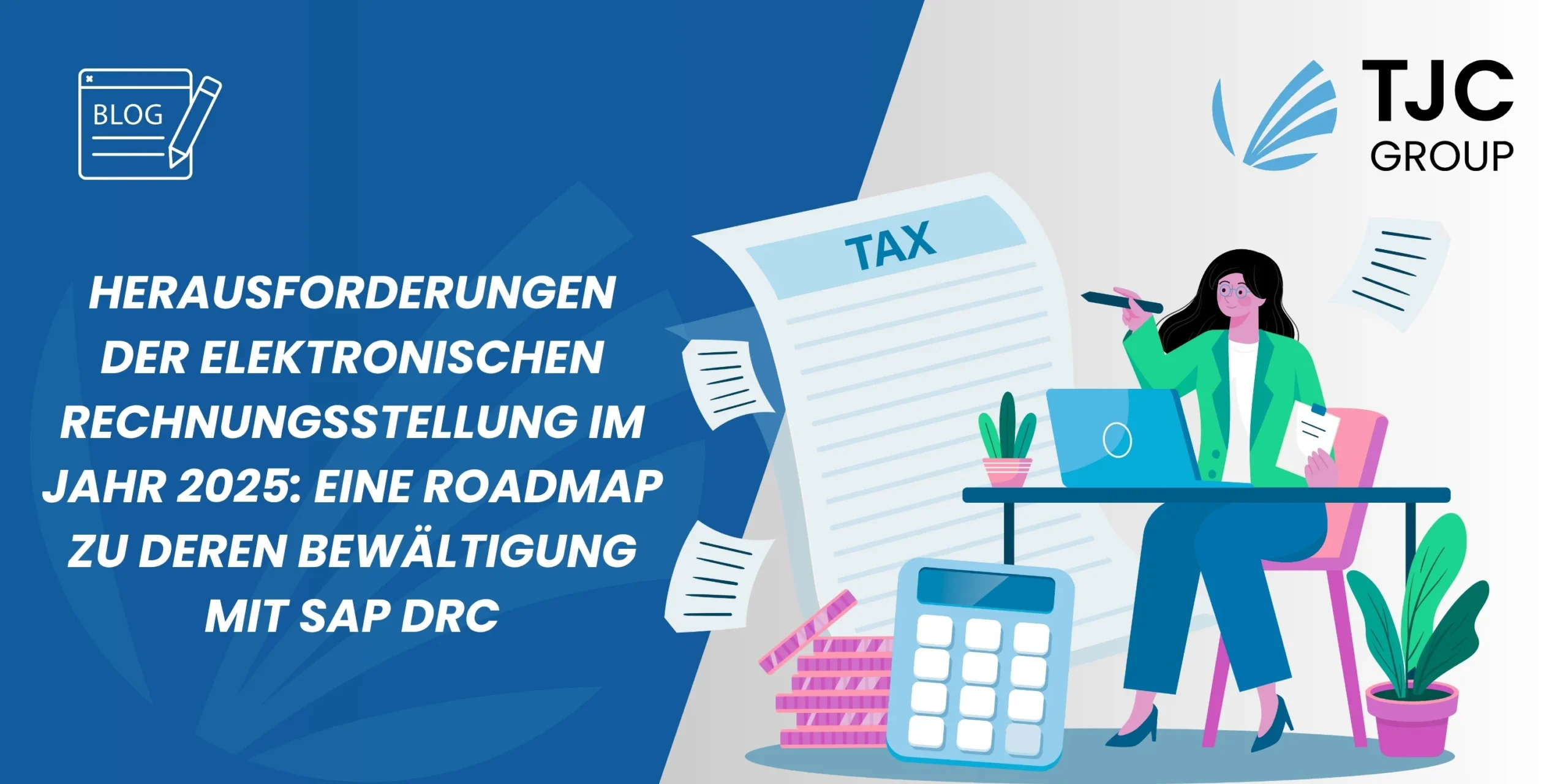26. Februar 2024
Letzte Woche hat der neuseeländische Minister für kleine Unternehmen und das verarbeitende Gewerbe, Andrew Bayly, die Absicht der Regierung bekannt gegeben, den Business Payments Practices Act 2023 aufzuheben. Stattdessen sollen nicht-regulatorische Maßnahmen ergriffen werden, um die Zahlungsfristen für kleine Unternehmen zu verbessern. Das Hauptziel ist jedoch die verstärkte Nutzung der elektronischen Rechnungsstellung in Neuseeland, wobei mehr Regierungsbehörden einbezogen werden sollen, um die Rechnungen schneller zu versenden, zu empfangen und zu bezahlen.
Ausdrücklich zielt der Plan darauf ab, den Ministerien Ziele für eine schnellere Bezahlung von elektronischen Rechnungen zu setzen; bei zukünftigen Plänen könnte er, vorbehaltlich der Konsultation, auch auf einige staatliche Stellen ausgedehnt werden.
Der Stand der elektronischen Rechnungsstellung in Neuseeland
Ab sofort müssen die 32 zentralen Regierungsbehörden in Neuseeland 95 % der Rechnungen innerhalb von 10 Tagen bezahlen und gleichzeitig elektronische Rechnungen von ihren Lieferanten erhalten. Der Abgeordnete Andrew Bayly schlug vor, diese Anforderungen auf die staatlichen Stellen auszuweiten, da über 100 Regierungsorganisationen elektronische Rechnungen senden und empfangen müssen. Die Vorschläge deuten darauf hin, dass die elektronische Rechnungsstellung in Neuseeland zu einer Standardmethode für den Austausch zwischen der Zentralregierung und den staatlichen Stellen wird.
Wie werden Organisationen davon betroffen sein?
Die elektronische Rechnungsstellung hilft Unternehmen bereits, ihre Zahlungen schneller zu erhalten. Sie wird auch weiterhin ihre umfassenden Vorteile für Unternehmen jeder Größe bieten. Abgesehen davon bieten diese Vorschläge den Unternehmen einen zusätzlichen Cashflow-Anreiz für die Übermittlung elektronischer Rechnungen an die Regierung. Außerdem wird den Unternehmen das Vertrauen gegeben, sich an die neuseeländischen Normen für die elektronische Rechnungsstellung anzupassen. Je mehr sich die Unternehmen darauf einstellen, desto mehr Vorteile werden sie daraus ziehen. Die Vorteile reichen von Zeitersparnis bis hin zu keinem Verlust von Rechnungen, schnelleren Zahlungen, geringerem Risiko von Rechnungsbetrug und vielem mehr.
Was sind die nächsten Schritte?
Das Ministerium für Unternehmensinnovation und Beschäftigung (MBIE) wird sich in Kürze mit den Regierungsbehörden über die neuen Anforderungen an die elektronische Rechnungsstellung sowie über mögliche Zeitpläne für die Umsetzung beraten.
Bleiben Sie dran für weitere Informationen zur elektronischen Rechnungsstellung in Neuseeland und anderen Ländern.









